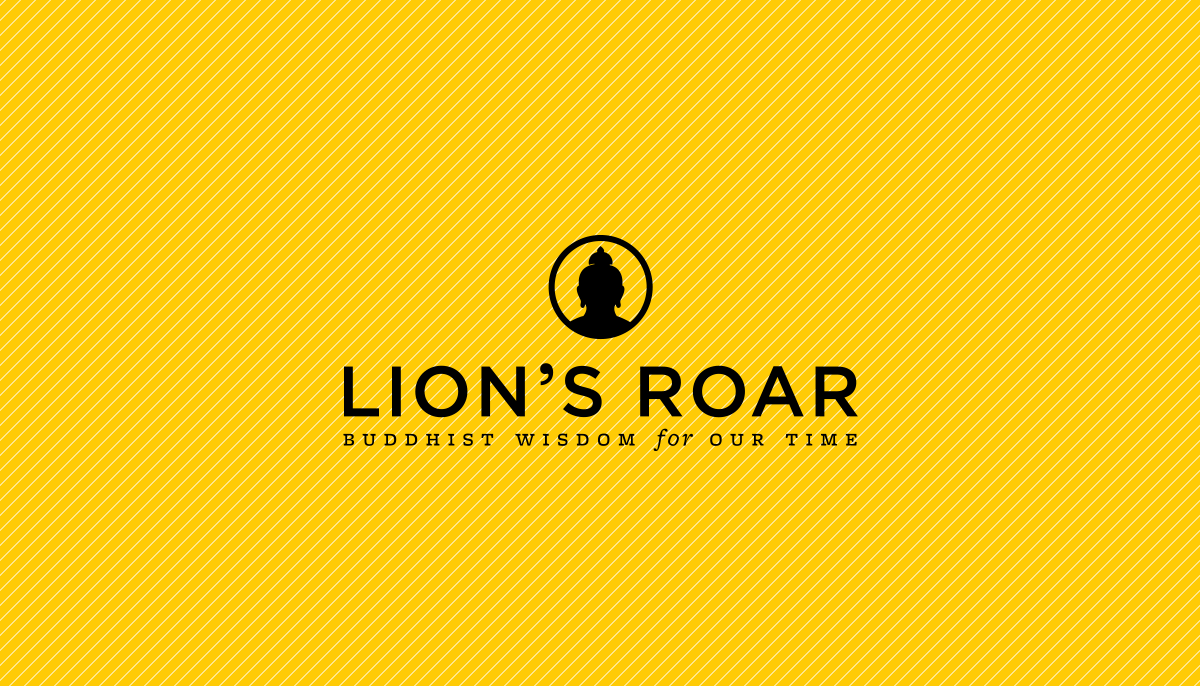My earliest consciousness was political. I understood in a child’s way, but a deep way, that my own fate was connected to enormous events and the destinies of other people, even people half a world away.
Since the time I was old enough to ask, I knew that my father had been killed in the Second World War, when I was a baby. On October 12, 1944, he and six other men died together when their plane was shot down on a bombing mission over Germany. My mother married another soldier when I was five. I grew to love my stepfather. When I was eight, he left for Korea where he fought through a dark winter, leaving my mother, me and my two baby sisters waiting in a town where we were strangers. When my stepfather came back he was a different man. Later, he was forced to take part in atomic tests in Nevada. He died of cancer at age thirty-four. I know that the dread of war I learned so young was partly why I worked from 1965 to 1975 against America’s assault on Vietnam, and later against nuclear weapons and capital punishment.
I did not begin to study Buddhism until I was forty-three years old. After years of political activism, I took lay vows.
One of my favorite stories about living one’s vows is told by Helen Prejean, a Catholic nun. Every morning for years Sister Helen chanted Jesus’ words from Matthew 25: “For I was hungry and you gave me something to eat, I was thirsty and you gave me something to drink… I was in prison and you came to visit me” (35-36). One morning she suddenly heard the words she was saying and wondered: Where is the nearest prison? Her visits to inmates resulted in her work as a death penalty abolitionist, described in her book, Dead Man Walking. When she finally woke up to what Jesus was telling her, Sister Helen said, her vows entered her body and became “incarnate.”
When my late teacher Maylie Scott explained the bodhisattva vow she said, “We vow to save all beings though we know we cannot save all beings.” My experience mirrored Sister Helen’s: I thought, Here is a vow that makes sense of what I’m doing, and sustains me. The words entered my often despairing, over-worked and flagging body, and I could breathe easier.
A bodhisattva, Maylie said, is not a buddha. A bodhisattva is an ordinary person who turns her face toward Buddha. I like the idea that “political Buddhists”—socially engaged Buddhists—are people who are facing Buddha, and also walking toward Buddha, as we work on embodying our vows. To me, the unity of our political Buddhist practice is expressed in a bow: we bow down in acceptance of what is, and we get right back up again, ready to do what needs to be done.
I have been fortunate to find a job investigating the appeals of people condemned to death, so that my livelihood, my understanding of the world and my vows are all in line, and I can walk in one direction. Not everyone is so lucky.
Whatever our work in the world is, Maylie used to say, there is no separation between meditation and action. “Just drop body/mind and do it,” she taught. “Let go of obstruction and come back to the present moment. Just meet it and meet it with extraordinary patience. Nothing is better than anything else.”
During the months that America readied to go to war again, I struggled to stay in touch with Maylie’s wisdom. The prospect of war brought back a tight feeling of dread that my body memorized at a young age and refused to forget. My first reaction was action. My nervous system seemed to command: Do something! I felt I had to try to stop the war, so with many others I wrote letters and faxes and e-mails, and I read articles, marched, passed out leaflets and marched some more. These are all good things to do, of course, but I rarely took a deep breath to relieve the dread that clamped my chest. My fear spiraled higher in tighter and tighter circles. I, myself, completely went to war: the war rampaged in my brain during my distracted days and at night in my restless dreams.
I dreamed I was clinging to the outside of a runaway train engine, trying to pull it back as it went smashing through crowds of people whose blood was flying up from the tracks and splattering all over me. In the morning, that dream seemed to me like the dream of an American.
Now it is all I can do to remember that I have a place to take refuge. When I step inside the zendo, the sudden silence, the safety in the order in the room, and the smell of years of incense in the wood of the floors and the fabric of the cushions, allow a deep breath at last. When I turn towards the buddha on the altar, tears well up immediately. Here, supported by the sangha sitting silently around me, I can meet what I am running from.
“Sit down in the middle of everything,” Maylie said.
Even in a time of war, I think. I picture myself as a little girl, waiting for my two fathers to come home from their wars, and then I can feel compassion, for all of us, everywhere, those driven to war and those driven mad by war.

